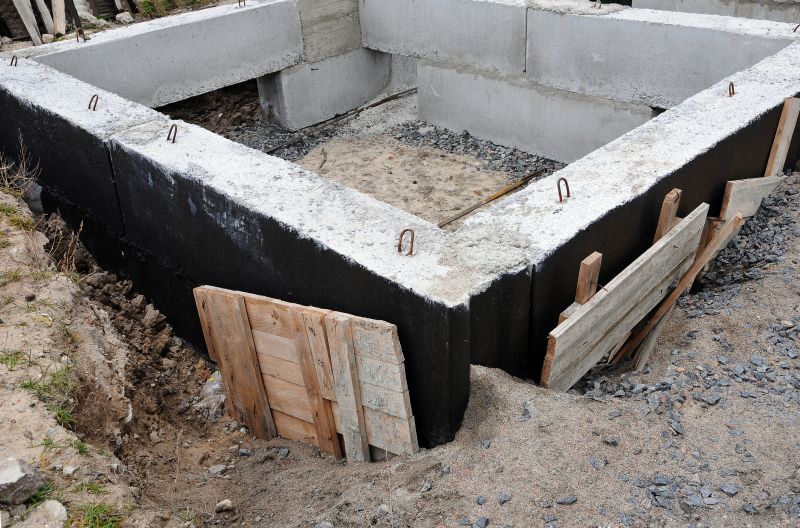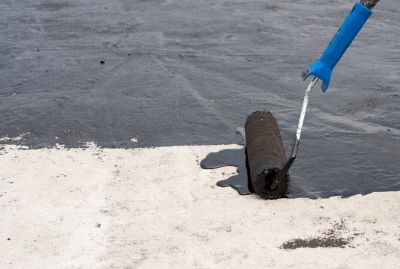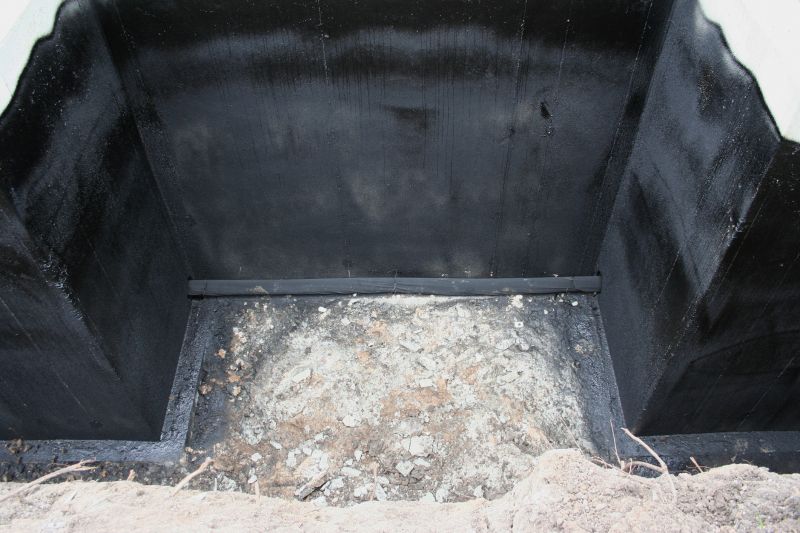Durable Waterproofing Systems for Foundations and Roofs
Waterproofing is a critical component in protecting structures from water infiltration, which can lead to damage, mold growth, and structural deterioration. Proper waterproofing ensures the longevity of buildings and maintains their integrity by preventing water from penetrating walls, foundations, and roofs. Advances in waterproofing materials and techniques have significantly increased the effectiveness and durability of these systems, making them essential for residential, commercial, and industrial properties.
Various materials such as liquid membranes, bituminous coatings, and waterproofing membranes are used to create effective barriers against water ingress. Each type offers different advantages depending on the application and environment.
Waterproofing is applied in basements, roofs, balconies, bathrooms, and foundations to prevent water damage and ensure structural stability.
Hiring experienced professionals ensures the correct application of waterproofing systems, increasing their lifespan and effectiveness while reducing potential future repairs.

A waterproofing membrane installed on a building's foundation offers a durable barrier against water penetration.

A completed roof waterproofing system protects the structure from rain and moisture infiltration.

A basement with a professionally applied waterproofing solution prevents water seepage and dampness issues.
The process of waterproofing typically involves assessment, surface preparation, application of waterproofing materials, and inspection. Depending on the scope and type of waterproofing system, the installation can take from a few hours to several days. Professional waterproofers evaluate the specific needs of each structure to select the most suitable materials and techniques, ensuring optimal protection against water damage.
| Aspect | Details |
|---|---|
| Timeframe | Professional waterproofing can range from 1 to 3 days depending on the size and complexity of the project. |
| Preparation | Surface cleaning and repairs are essential prior to application to ensure proper adhesion. |
| Materials Used | Common options include liquid membranes, bituminous coatings, and rubberized membranes. |
| Application Methods | Spraying, brushing, or rolling are typical methods used for different waterproofing systems. |
| Durability | High-quality waterproofing systems can last for decades with proper maintenance. |
| Cost Factors | Expenses vary based on materials, surface area, and project complexity. |
| Maintenance | Periodic inspections and touch-ups extend the lifespan of waterproofing systems. |
| Professional Advantage | Experienced installers ensure correct application, reducing risks of future water issues. |

A foundation with a completed waterproofing system showing a clean, sealed surface.

A roof surface after waterproofing application, providing protection from moisture.

An interior view of a basement with visible waterproofing measures in place.
Effective waterproofing is essential for maintaining the structural integrity and value of a property. Properly installed systems prevent water damage, reduce maintenance costs, and ensure safety. For those interested in safeguarding their property from water-related issues, consulting with experienced waterproofing professionals can provide tailored solutions that meet specific needs and budgets.

